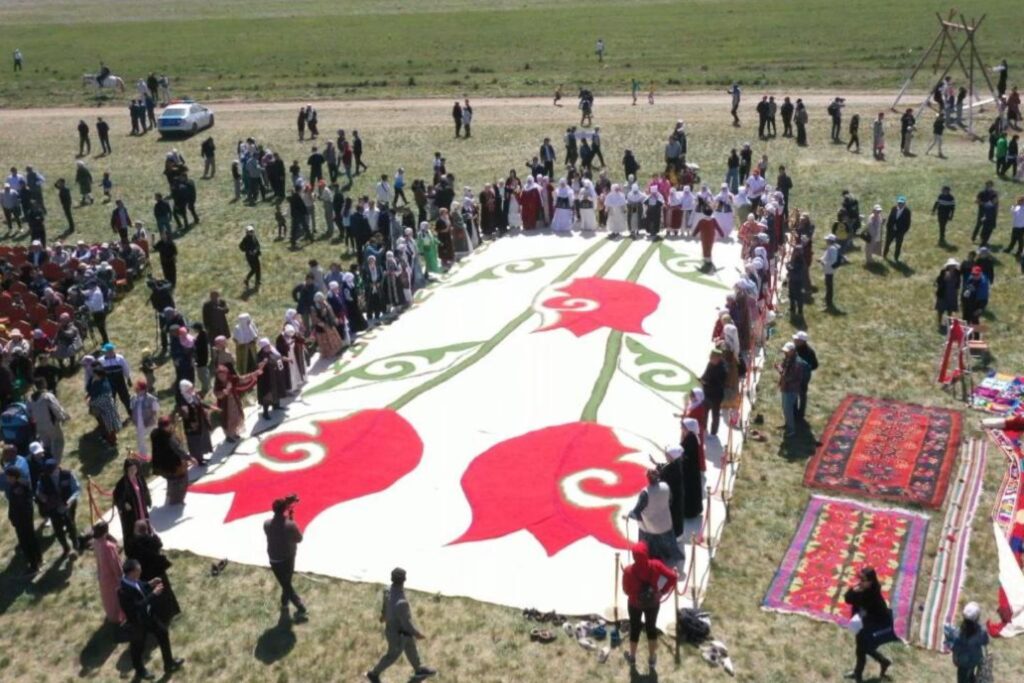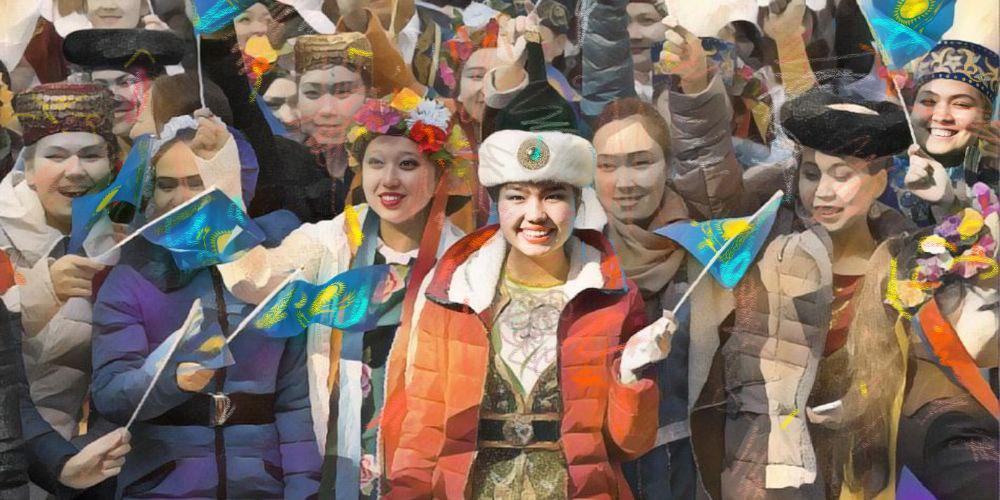Kazakh Acrobats Enter Guinness World Records with Daring Feat
Batyr Zhanuzak and Marlen Maratov, acrobats from the Almaty Circus, have entered the Guinness World Records following a breathtaking performance at the international show Lo Show Dei Record in Milan. The duo stunned both the jury and audience when Zhanuzak climbed up and down a ladder twice, all while balancing Maratov in a one-arm handstand on his head. Their feat, completed in 36 seconds, was recognized as a world record in the category: “Fastest time climbing and descending two ladders with a person standing on their hands on the head.” “We already have four records with the team, though not all are officially recorded,” said 32-year-old Zhanuzak. “If someone breaks our record, we’re ready for a rematch. But for now, we’re aiming for new heights.” For 29-year-old Maratov, the accomplishment reflects years of preparation. “I spent four years training for this, to balance on one hand. But always with safety equipment,” he explained. “I think I’m the first to do it without any. It’s extremely dangerous.” He added that one previous attempt nearly ended in a fall, but Zhanuzak caught him at the last second. That moment became a turning point, a realization of their shared capabilities. Both performers are part of the internationally acclaimed “Serbat” circus troupe and have represented Kazakhstan in high-profile competitions worldwide. Their resume includes appearances in the finals of major talent shows in the United States, United Kingdom, and China. Their performances are widely praised for their originality, technical mastery, and artistic flair. Maksat Zhaikov, director of the Kazakh State Circus, called the achievement “not only a personal triumph but a contribution to the development of Kazakh circus art.” He added that the record reinforces Kazakhstan’s reputation on the global performing arts stage. Zhanuzak and Maratov are already planning their next challenge, incorporating a third ladder into their act. But their primary goal, they emphasize, is to show the world that Kazakh artists rank among the best.






